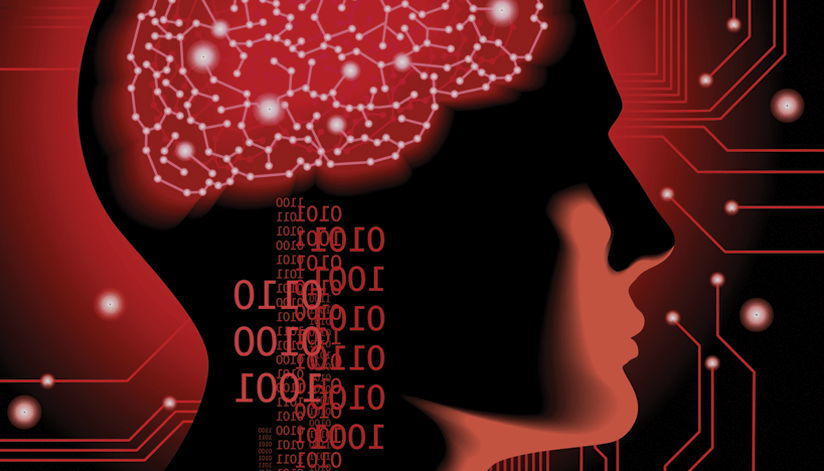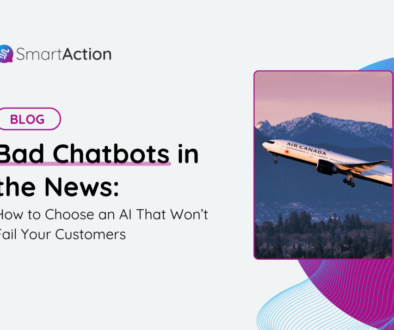Will AI Really Replace My Job?
The fear of Artificial Intelligence technology replacing the human workforce is old news. Chances are, you’ve never heard of rag-pickers, gandy dancers, or leech collectors- that’s because modern technology has eliminated the need for them. More recently, jobs like elevator operators and lamplighters are almost completely phased out. One study at the University of Oxford estimated that 47% of total American jobs could be automated and replaced by computers by 2033. The question is, do these facts spell doom for the workforce?
Articles with headlines like, “Get ready, robots are going to steal your job,” resoundingly suggest yes, but history offers a more positive outlook. In the past, technology has freed up resources so companies can invest in innovation. For example, the invention of the iPhone enabled the invention of other tools that wouldn’t have existed otherwise. From the simple calculator function, to apps that control home security, these technologies were built off the iPhone platform. In other words, without the iPhone, a company would have had to invent an additional handheld device just for home security. Technology catalyzes more innovation, and that innovation must come from people.
In the world of voice automation, the prevalence of Siri-like technology has increased consumers’ familiarity with machines. The call center of 2050 will undoubtedly feature more voice self-service. However, people have been saying for years that “voice is dead,” when, in reality, the number of domestic call center jobs has increased steadily over the past few years. The truth is that call center conversations are more complex than ever, and there are certain tasks that Artificial Intelligence cannot complete successfully, such as tasks requiring compassion, empathy, or persuasion. A health company wouldn’t use an automated call to deliver news of an unfortunate test result. And although a robot could handle a simple upsell, consumers of today are unlikely to take the robot’s fashion advice very seriously. Thus, these higher level tasks will continue needing human employees.
Not to mention, criticisms of Artificial Intelligence (AI) are often actually referring to Artificial General Intelligence (AGI), or what author Tim Urban describes as strong AI: “as smart as a human across the board.” As consumers, we’ve become familiar with AGI through Hollywood portrayals in films like Star Wars, Her, and Ex Machina, featuring robots who have self-awareness and emotion. As previously touched upon, there is a distinct difference between AGI and our current Artificial Intelligence (AI) capabilities. AI is the creation of programmed machines for specific tasks. The relationship between AI machines and humans is much like the one between airplanes and birds. Even before the Wright brothers invented the airplane in 1903, people tried and failed in their quest to mimic a bird’s flight. We now see that although planes don’t work exactly like birds, they are a rough imitation of the concept of a bird’s flight. Similarly, Artificial Intelligence is a rough imitation of a human’s behavior using engineering. It’s a long ways from being an all-knowing omnipotent force, or even the self-directed robots we see in books and TV. Simply put, Artificial Intelligence is a set of business rules and programming logic to achieve certain outcomes.
Without a doubt, Artificial Intelligence has and will continue improving the way that businesses function. The uneasiness surrounding AI is no surprise, especially when people are actually referring to the movie version of artificial superintelligence. It’s like the reaction fifty years ago, when many doubted Moore’s prediction that computing power will double every year. However, the pace of innovation has held up, and created more economic opportunities. If anything, the replacement of menial labor jobs by AI merely signals an increasing need to prepare the workforce for a more technology-driven world.






